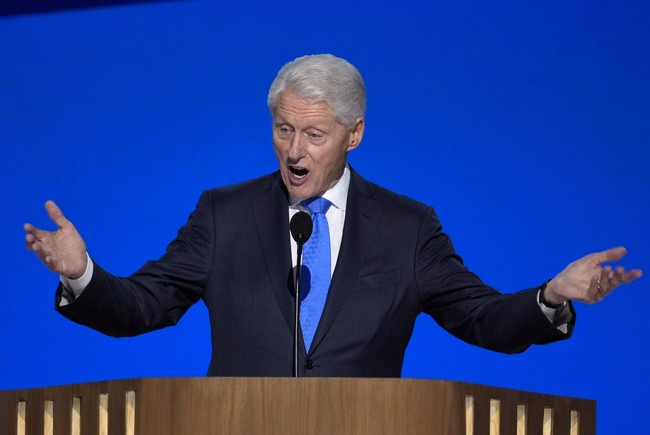Elon Musk's $277M: The Election Impact Unveiled
Elon Musk's massive financial contributions toward the U.S. 2024 elections shed light on political dynamics and raise questions about influence and transparency amidst contentious issues.
Published December 07, 2024 - 00:12am

Image recovered from inquirer.com
Elon Musk, the world's richest man, shocked political analysts and the public alike by investing an unprecedented $277 million in the 2024 U.S. elections to support Donald Trump and the Republican party. This move became especially pivotal in Pennsylvania, a crucial swing state that played a significant role in shaping the outcome of the election.
The vast majority of these funds flowed through America PAC, a super political action committee (PAC) fueled almost entirely by Musk or affiliated entities. The core strategy involved advertising campaigns and aggressive voter outreach, primarily in swing states such as Pennsylvania, where Musk was actively present on the ground, organizing rallies and promotional events alongside Trump.
Documents released by the Federal Election Commission revealed that Musk's PAC raised $250 million after its creation in May. A striking $238 million came directly from Musk or his companies, significantly impacting the political landscape. These resources were directed towards fostering a pro-Trump narrative, with substantial investments in advertisements portraying Trump favorably on contentious issues like abortion through a cleverly named RBG PAC. Named after the late Supreme Court Justice Ruth Bader Ginsburg, the RBG PAC garnered widespread attention and controversy for its messages aimed at repositioning Trump as a supporter of abortion rights.
Given Pennsylvania's pivotal role as a swing state with its diverse electorate, Musk's campaign strategy on the ground there drew particular focus. His efforts contributed significantly to Trump's victory in the state, which contrasted with the results in other midwestern swing states where Musk was less active. Notably, his influence extended beyond just electoral outcomes as it shaped Republican voting patterns and campaigns down the ballot, aiding the GOP in flipping key seats, including the Senate contest won by Republican Dave McCormick.
Musk's tactics also included innovative, albeit controversial, cash incentives to voters in swing states to register support for the First and Second Amendments. The America PAC offered cash rewards for participation in related petitions, which spurred legal challenges due to ethical concerns. Critics argue these monetary incentives blurred the lines of ethical campaigning, with some residents reportedly receiving unsolicited payments, fueling debates about transparency in political donations.
Highlighting his broader political ambitions, Musk's close self-integration into the Trump circle marks a significant shift from his prior, relatively neutral public political stance. This relationship was further solidified when Trump announced Musk as a co-lead for DOGE, a new office dedicated to government efficiency strategies, alongside conservative technocrat Vivek Ramaswamy.
The scale of Musk's financial involvement raises questions regarding the influence of ultra-wealthy individuals in the democratic process. Such contributions have prompted the public and political commentators to discuss the balance of power and transparency in campaign financing. Musk's approach demonstrates how substantial financial power can potentially reshape political campaigns and influence public opinion on a national scale.
As Musk remains at the forefront of political discourse, discussions continue on whether such financial interventions threaten the integrity of electoral processes. Although his financial involvement brings innovative approaches to campaigns via strategic cash incentives and extensive use of super PACs, it has also drawn criticism for undermining traditional political practices. Legal experts and election watchdogs alike stress the necessity of reforming campaign finance regulations to mitigate disproportionately large influences from single-entity donors.
While Musk's massive financial commitment may have played a decisive role in the current political landscape, its long-term effects remain to be seen. Musk's contributions have undeniably marked an era where affluent individuals exert influential power through political donations. As debates around campaign financing and political transparency intensify, Musk's actions catalyze a discourse on the future of U.S. elections and the ethical implications surrounding enormous political donations.







